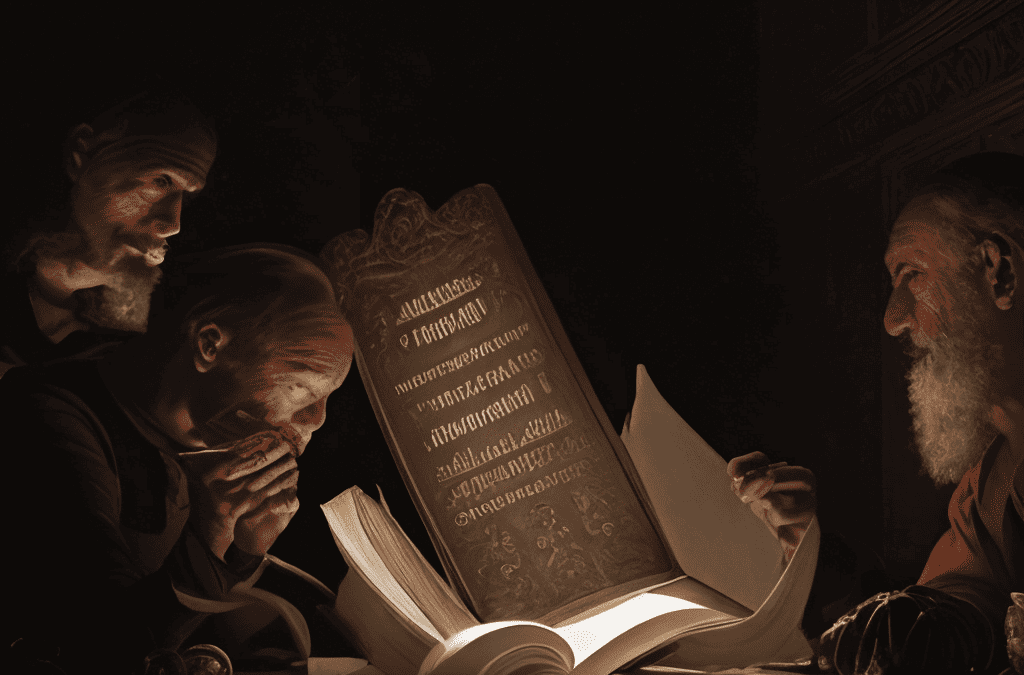Servants of the people
Edward Muir is president of the American Historical Association. In the May issue of that non-profit’s magazine, “Perspectives on History,” he wrote a column he entitled, “The United States Needs Historians.”
Muir states in his thesis, “Our culture needs historians who can look behind today’s headlines and the latest ‘fake news’ to think about longer patterns in the past, even as they engage in current struggles.”
Yet, Muir begins with a two-minute scene from the Ukrainian television series, “Servants of the People.” Yes, the series is fiction, but the scene makes a clear point.
The lead character is Vasily Holoborodko, a divorced high-school history teacher.
In Episode 1 of Season 1, he is standing in a classroom teaching his high-school students, when the principal interrupts his class, and orders all the students to leave and help construct voting booths outside for the upcoming election.
The students obey and leave, but Vasily turns on the principal and demands to know, “Why do you not pull the students from the math class?” The principal offers a flimsy answer that indicates his preference for math over history.
This upsets Vasily and launches him into a rant. He shouts,
“Mathematics is valued as a science, and that is all very fine! Then we wonder why our politicians make the same mistakes when they enter the halls of power. Because they are great mathematicians. They know how to divide and subtract. That’s all!
“They force kids to assemble voting booths. Why is it a hard knock life? Because our choice begins in a voting booth, when we vote for the lesser of two (poor candidates.)”
Through a window, one of Vasily’s students records this rant on a phone and posts it on the internet. It goes viral. Voters elect Vasily Holoborodko President of Ukraine.
This is fiction, from a 2016 television series, but the actor who played Vasily was Volodymyr Zelenzkyy, who in real life, in 2019, was elected President of Ukraine, which proves that, on occasion, fact does follow fiction.
Muir states, “In the United States, critics of honest history are coming for history teachers, as they already have in Turkey, Hungary, and Poland.
“There are still those willing to exploit the paranoid style and blind ignorance of the [John] Birchers and the like for their own purposes, but that those who fought them in word and deed had to keep at it.”
I agree. The U. S. needs historians to beat back the lies, distortions, and foolish challenges that others throw at them, but the profession has fallen on tough times.
Last August, the American Historical Association issued a “Jobs Report” that stated that “the average number of available new ‘tenure track’ university jobs was 16 percent lower than it was for the four years before the pandemic.”
It also stated that “only 27 percent of those who received a Ph.D. in history in 2017 were employed as tenure track professors four years later.”
Daniel Bessner, a history professor, stated in “The New York Times,” last January, “It’s the end of history, and the consequences will be significant. Entire areas of our shared history will never be known because no one will receive a living wage to uncover and study them.”
Last month’s crop of high school graduates will decide this summer what subject she or he will study at college in August: a form of math or science, or a form of the humanities, including history and English. That choice will have life-long consequences.
I say, “choose wisely, but if you can, study both,” history for the wisdom received from reading thick history textbooks, and numbers fluency for a better paying job. Let no one say about you, that the only thing you know is “how to divide and subtract.”

